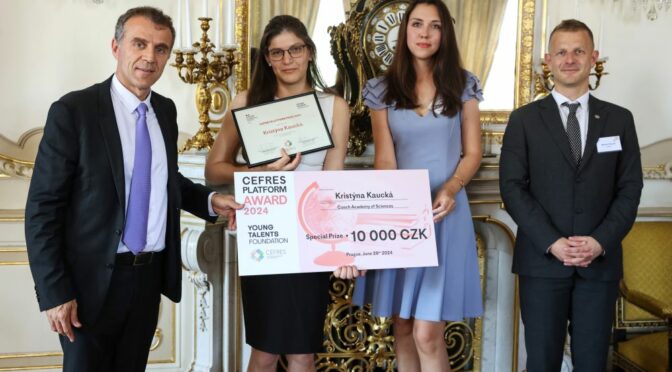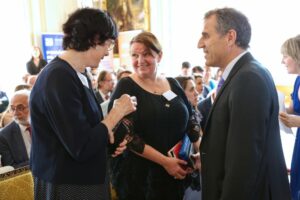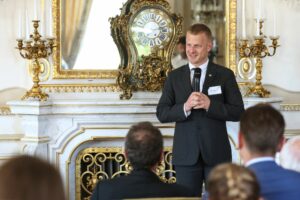Thomas Chopard
Contact: thomas.chopard[@]ehess.fr
is a historian and assistant professor at the École des Hautes Études en Sciences Sociales, at the Centre of Historical Research (EHESS/CRH). Alongside Petra Hudek, he joins CEFRES for two years as part of the Tandem SNRS-SAV program. He benefits from International Mobility Support (SMI) from CNRS starting from June 2024. Their research, titled “Visual Representations, Memorials and Commemorations of the Second World War in Central Europe,” contributes to CEFRES Research Area 3 – Objects, Traces, Mapping: Everyday Experience of Spaces Continue reading CEFRES Team of Researchers 2023-2024






